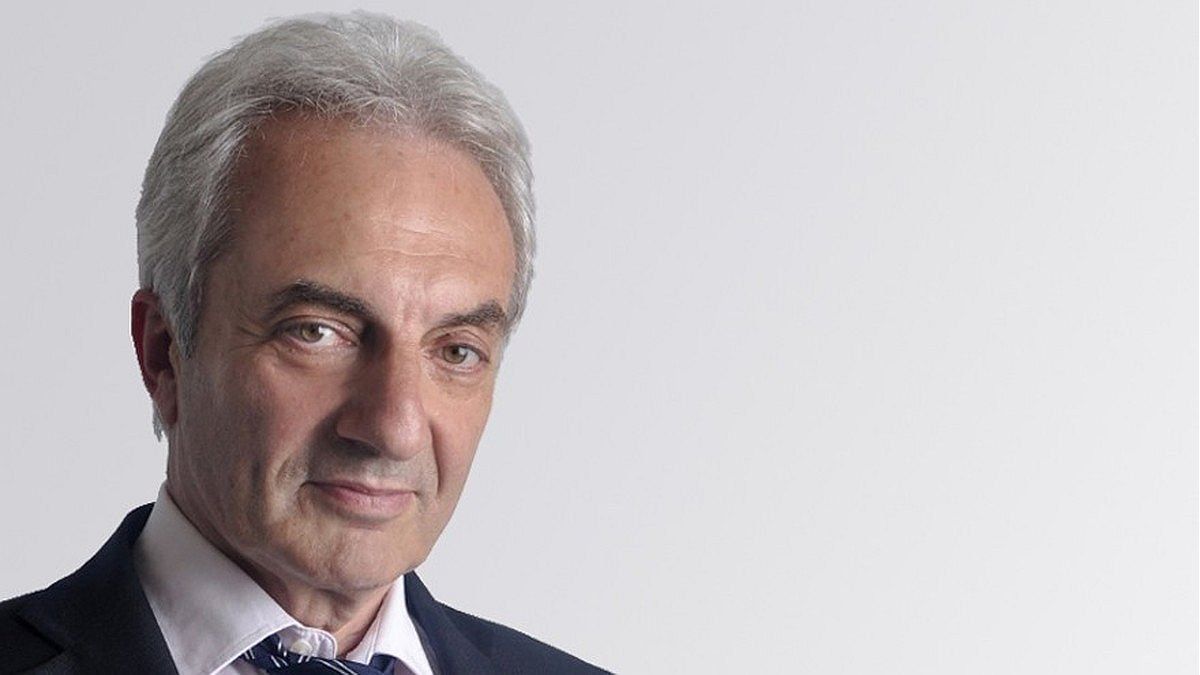The energy will be one of the key sectors of Argentina in the coming years, due to international demand within the framework of the energy transition and for the abundance of resources, from renewables to hydrocarbons and offshore. After an election of thirds, which leaves any of the three candidates for president with the possibility of reaching the Casa Rosada, Ambit spoke with the economist Emilio Apud, one of Patricia Bullrich’s collaborators, about the ideas of Together for Change for the next star sector.
Apud is an engineer, former Secretary of Energy and member of the Think Foundation. Although he is a collaborator of Bullrich in the assembly of the energy proposal, he clarifies that he does not speak on behalf of it. After Bullrich defeated Horacio Rodríguez Larreta in the PASO, the integration with the energy teams of the current Buenos Aires head of government remains, to outline among all the fine print of the final plan, which will possibly be ready this week.
energy subsidies
For Apud, the energy segmentation as currently in force is useless: “Only 35% of users are responsible for the value of energy, the remaining 65% are not. In 2022 there were US$13,000 million in subsidies, there is no economy that can hold on”. A possible solution would be that, of the remaining 65% that pays less than 15% of the generation cost, there is a 45% that pays the totality, and finally a 20% that receives the social rate.
“You have to use all the possible information that the State has to define the universe of those people who truly cannot pay, so that they continue to be subsidized, and that this universe continues to be redefined periodically,” he explained. From his point of view, the optimal subsidy is for the demand, that is, for the users, and not as it is currently, which is received by the supply, because the Treasury pays for the generation of energy.
Ámbito consulted about the terms in which medium-income users would have their subsidies removed, since it would be a very strong impact, because currently with their rate they pay only 14% of the cost of generation. “The terms will be defined by politics, it will depend a lot on how December is reached in terms of inflation and salaries,” he explained.
In addition, he assured that the next government must have good communication: “You have to have the ability to explain to the consumer why this is being done, that the quality of the services will improve, the cuts will disappear, and prices will go down.” prices because there will be more investment. The price signal is also going to force consumption to drop”.
YPF, LNG and gas pipelines
Regarding the LNG bill, he considered that “it is not healthy to have bills for each sector”, that is, different rules depending on whether it is hydrogen, LNG or lithium. He apud explained: “There must be a single investment law and good rules for the defense of competition. There is one more task of eliminating the number of laws, resolutions and decrees that distorted the original regulatory framework and that make everything have to go through the window of the State”.
When asked by Ámbito about the companies’ requests for an LNG law to exist due to the fact that these are multimillion-dollar disbursement amounts, he replied: “We have already talked with the companies, if they are in a stabilized macro without stocks, availability of foreign currency and access to import and export, they are going to invest, but guarantees must be given that the rules of the game will remain the same in 2027 and 2031”.
Asked what role the majority state oil company YPF should play, Apud replied: “It has to be for the benefit of the country, without dogmas. It should reduce its business units and have as its main objective that we become a hydrocarbon exporting power. Because today it has fields, technology, lithium and electricity, when you have an underutilized energy sector. In 40 years the energy transition is over; If you don’t value all of Vaca Muerta, the wealth will remain underground”.
Regarding the infrastructure financing that will be required to export the resources, he assured that it should be differentiated from the Néstor Kirchner gas pipeline, which was financed by the Treasury. “To follow the gas pipeline network, the private sector must be summoned,” he said, and added another modification: “The bidding must be opened to make it international.”
Regarding fuels, Bullrich’s team considers that there should be a coupling with export parity, and increases in the ICL tax. “Until 2002 the price was free, it was set by the market. Now they use YPF for its dominant position in the market to fix it. Here a barrel is available for US$63 and the international price is US$82. That must be finished because, if not, the delays that exist today will occur and generate distortion”, concluded Apud.
Source: Ambito




